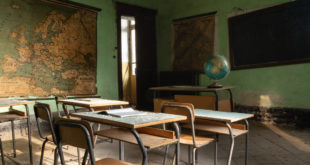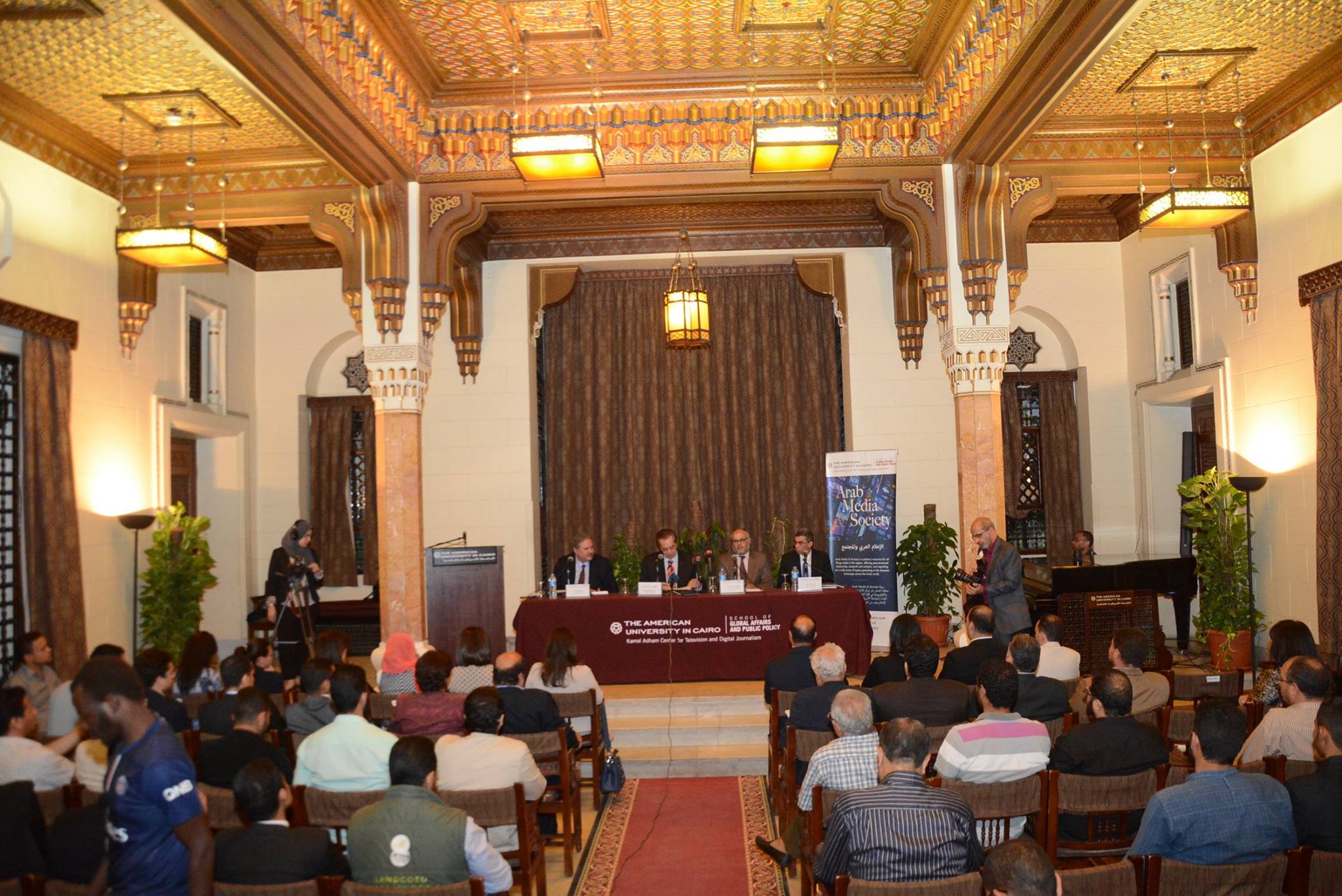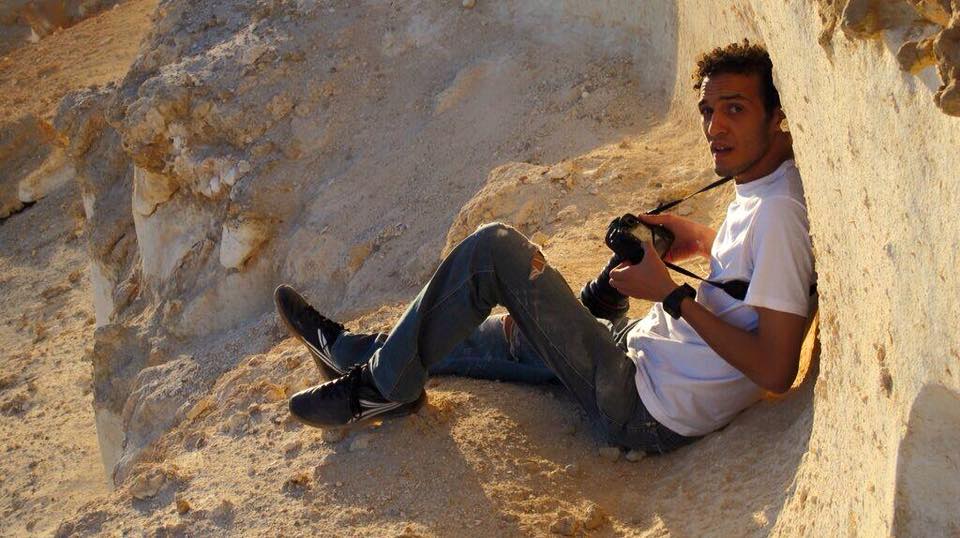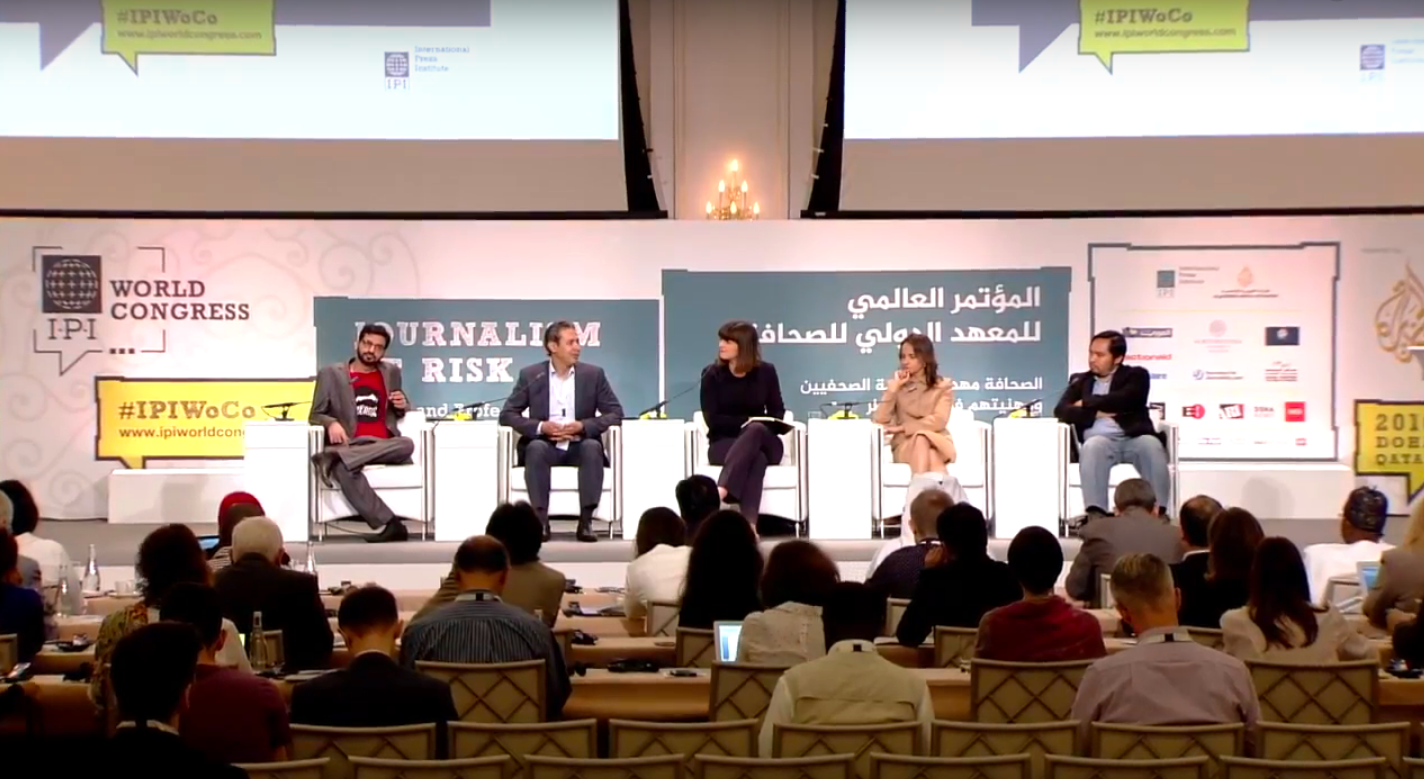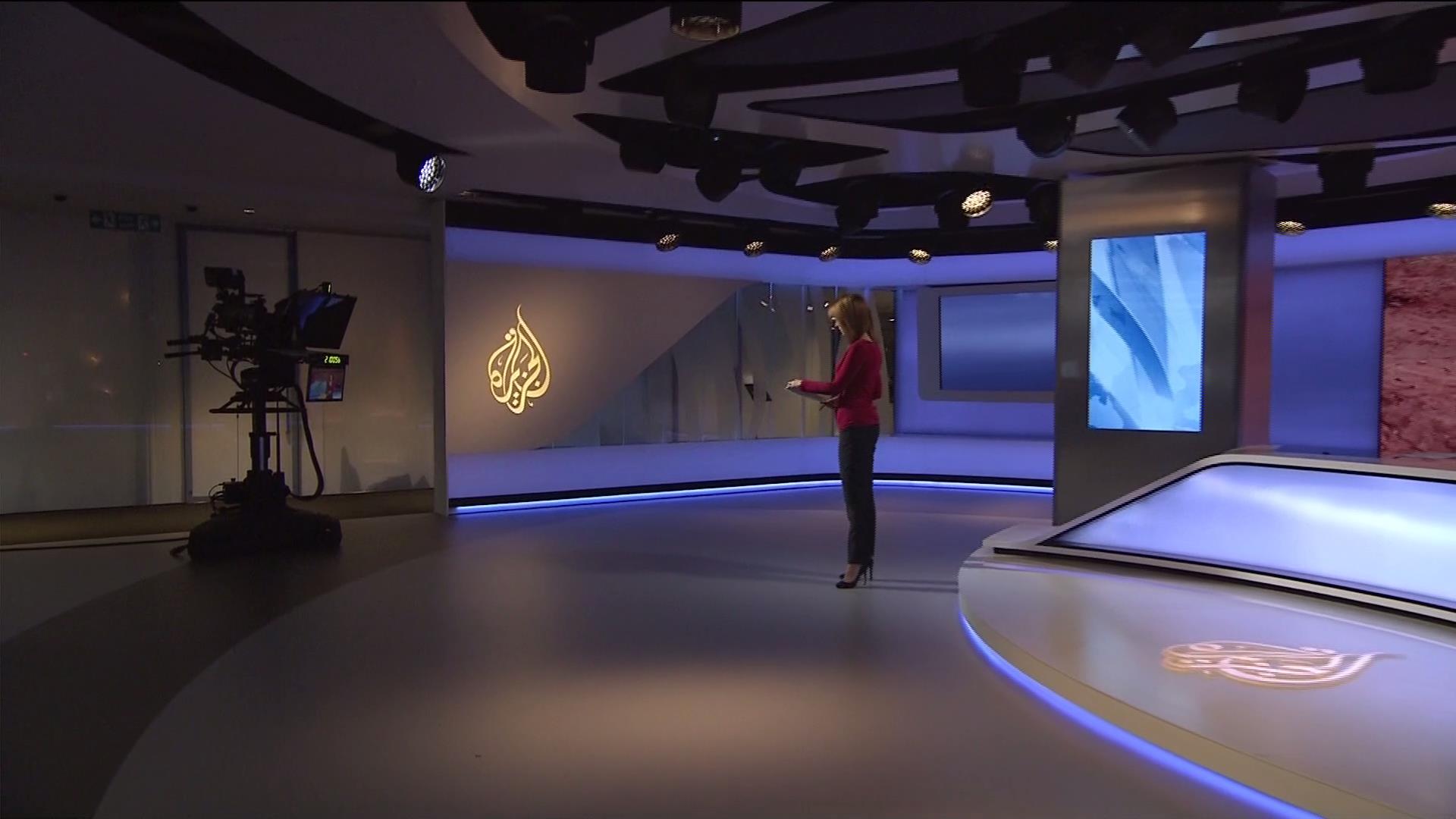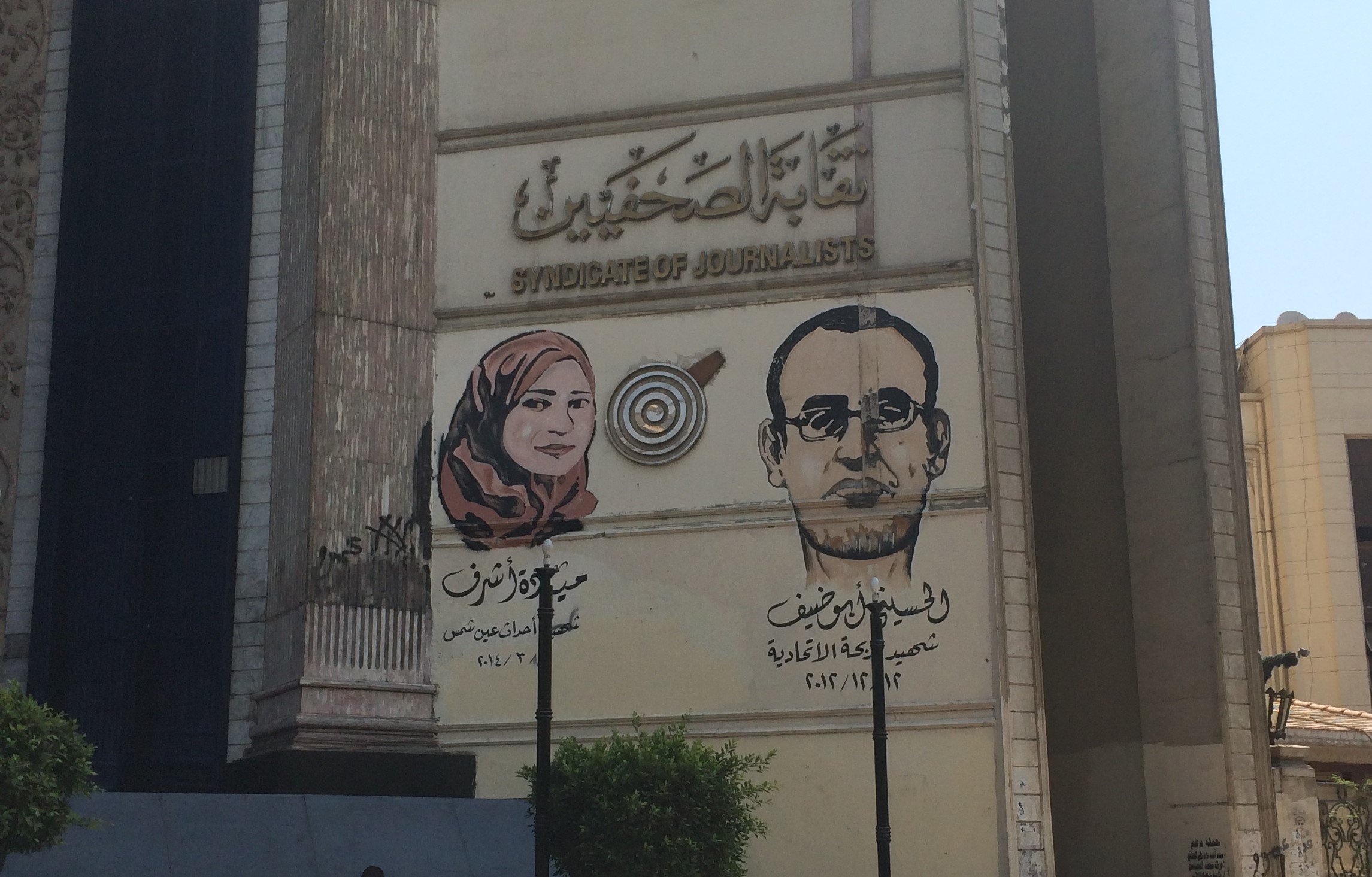Issue 37, Winter/Spring 2024 https://doi.org/10.70090/AAS24AAI Abstract This study analyzes trends in Arab literature that address the use of artificial intelligence (AI) technology in mass media. The research relies on a meta-analysis, or secondary analysis, and incorporates both quantitative and qualitative approaches. The study examines all Arab media studies conducted in …
Read More »The Attitudes of Journalists Toward Written Content Generated by AI
Issue 37, Winter/Spring 2024 https://doi.org/10.70090/AMEN24AI Abstract This experimental study investigates the attitudes of journalists towards written content that is generated by artificial intelligence (AI) when compared to human-written journalistic pieces. The methodology utilized a comparative experiment that relied upon four journalists and three AI platforms, which respectively wrote an article …
Read More »Crime News in a Loyalist Press Environment
Issue 35, winter/spring 2023 https://doi.org/10.70090/JG23CNLP Abstract Several laws regulate and influence reporting on crime in the United Arab Emirates, a country in which journalism functions within a Loyalist Press environment. These include elements in the 1980 press law and the recently updated penal code and cybercrimes laws. This legislation can …
Read More »The Earth Turns and the World has Changed: Egyptian and Arab Science Journalism in the Digital Age
Issue 28, summer/fall 2019 https://doi.org/10.70090/MYG28SJD Abstract Science journalism in Egypt reflects the way science is taught, perceived and practiced in the country. Online publications cover science and technology in different ways. Yet, all of them rely on translators as most of the science stories are sourced from foreign outlets. This …
Read More »REPORT | Media and Politics: An Arab Media & Society Symposium
Issue 24, summer/fall 2017 https://doi.org/10.70090/BA17RMPA The Kamal Adham Center for Television and Digital Journalism in the School of Global Affairs and Public Policy at the American University in Cairo (AUC) hosted a symposium on “Media and Politics” on Wednesday, May 24, 2017. The symposium, which brought together professors specialized in …
Read More »REVIEW | Islam for Journalists (And Everyone Else)
Most American journalists probably know little about covering Islam accurately, fairly, ethically and contextually amid rising levels of xenophobia, hate speech and “fake news” in the U.S., but help is on the way. In 1980, I arrived in Beirut as CBS News Middle East correspondent. My qualifications for covering this complex …
Read More »Imprisoned Egyptian Photojournalist Receives Award
July 19, 2016—The Committee to Protect Journalists (CPJ) awarded one of its four 2016 International Press Freedom Awards to freelance photojournalist Mahmoud Abou Zeid “Shawkan” yesterday. The other recipients are journalists from India, Turkey, and El Salvador who have also faced “threats, legal action, and imprisonment” in the course of their work.
Read More »CONFERENCE REPORT | IPI World Congress: How to Cover Violent Extremism and Survive
Under the banner “Journalism at Risk: Safety and Professionalism in a Dangerous World,” the 2016 World Congress of the International Press Institute (IPI) convened in Doha, Qatar in March to tackle the dangers of covering terrorism and other forms of political violence.
Read More »BOOK EXCERPT | Media Power and Global Television News: The Role of Al Jazeera English
In her recent book, Seba Bebawi assesses the veracity of Al Jazeera English's self-proclaimed role as a radical "counter-balance" to mainstream global media. She demonstrates a nuanced understanding of modern media through direct narrative comparisons of the same events covered by Al Jazeera English and by other media outlets.
Read More »Human Rights and Media Organizations Condemn Arrests of Key Egyptian Media Figures
May 30, 2016—Amnesty International called the recent arrest of Egyptian Press Syndicate members "an alarming setback for freedom of expression." The Syndicate leaders were questioned for nearly 12 hours apropos “sheltering” Badr and al-Saqqa at the Syndicate. The prosecution accused the men of harboring fugitives.
Read More » Arab Media & Society The Arab Media Hub
Arab Media & Society The Arab Media Hub



